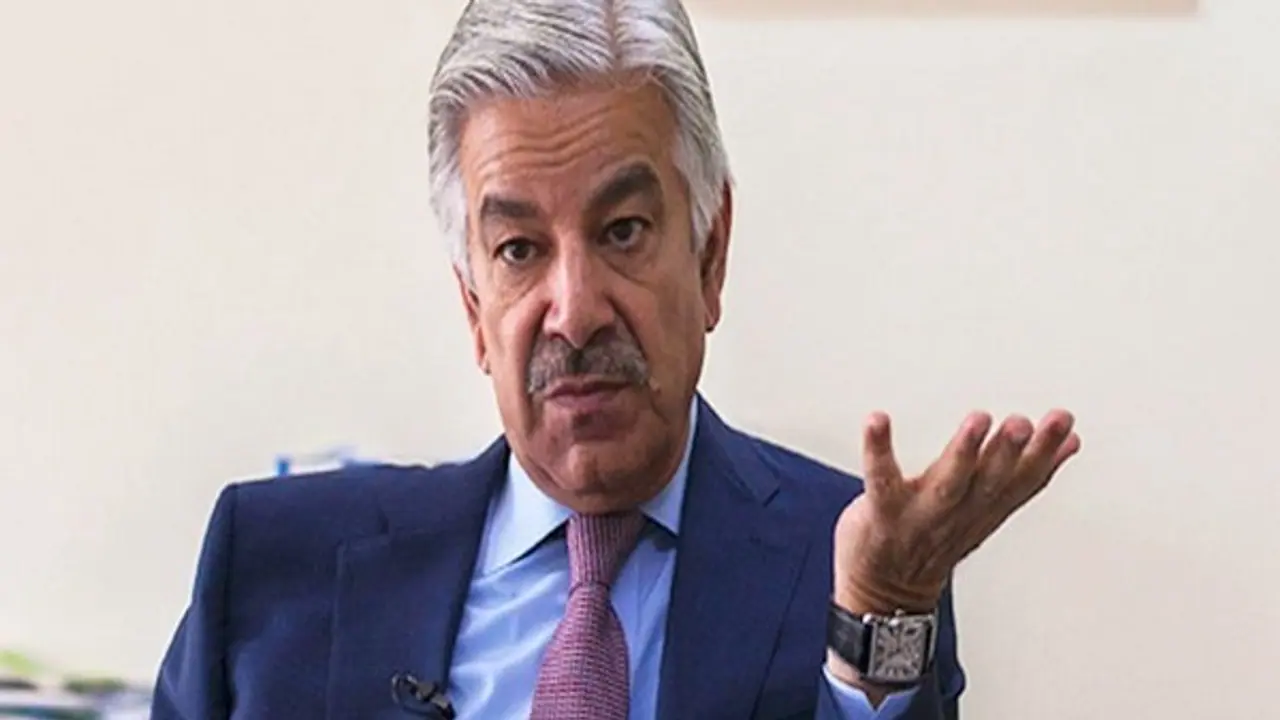Pakistan’s Defence Minister warns of an imminent Indian incursion following the deadly Pahalgam terrorist attack that killed 26. India has ramped up security, launched investigations, and condemned Pakistan’s involvement in cross-border terrorism.
Pakistan's Defence Minister, Khawaja Asif, has warned of an "imminent incursion" by India in the aftermath of the deadly Pahalgam terrorist attack in Jammu and Kashmir, which claimed 26 lives, mostly tourists.

The terror attack, which occurred on April 22 at Baisaran Meadow in Pahalgam, is being described as one of the deadliest in the region in recent years, drawing widespread condemnation both in India and abroad.
Speaking to Reuters on Monday, Asif stated that Pakistan had reinforced its military forces, in response to what he described as an "imminent" threat from India. He emphasized that Pakistan had made "strategic decisions" to address the situation, and added that the country was on high alert. In a chilling remark, Asif warned that Pakistan would use its nuclear arsenal only if there was a direct threat to its existence, underscoring the gravity of the situation.
The Pahalgam attack, which took place at around 2 pm, saw gunmen open fire on a group of tourists, including a Nepalese national, causing widespread panic. The attack has been linked to cross-border terrorism, with many pointing the finger at Pakistan-based terror groups operating in the region. India has been vocal in blaming Pakistan for supporting these groups, and the central government is reportedly preparing to take decisive action against what it perceives as Pakistan-sponsored terrorism threatening peace in Jammu and Kashmir.
In India, the attack has sparked intense political discussions. Defence Minister Rajnath Singh met with Prime Minister Narendra Modi on Monday at the Prime Minister's official residence to discuss the growing security concerns following the attack. This came just one day after a briefing by India's Chief of Defence Staff (CDS), General Anil Chauhan, on measures being taken to counter the increasing terrorist threat. Earlier, an all-party meeting was held in Parliament to address the security situation, chaired by Singh.
On the ground, teams from India's National Investigation Agency (NIA) have been stationed at the attack site since April 23, collecting crucial evidence. The Indian Army has also launched multiple search operations and remains on high alert in the region, with a focus on neutralizing the terrorists responsible for the attack.
Meanwhile, the Cabinet Committee on Security (CCS) met on April 23 to review the situation. In its meeting, the CCS strongly condemned the attack, expressed condolences to the families of the victims, and reaffirmed India's commitment to addressing the growing threat of terrorism. The committee also acknowledged the apparent cross-border links of the attack, especially given the recent peaceful elections and economic progress in Jammu and Kashmir, which had been seen as a positive sign for the region.
The Pahalgam attack has led to nationwide protests in India, with citizens demanding stronger action against Pakistan for its role in supporting terrorism. As India intensifies its security measures and diplomatic pressure on Pakistan, the situation in Jammu and Kashmir remains tense, and the region's future hangs in the balance.


